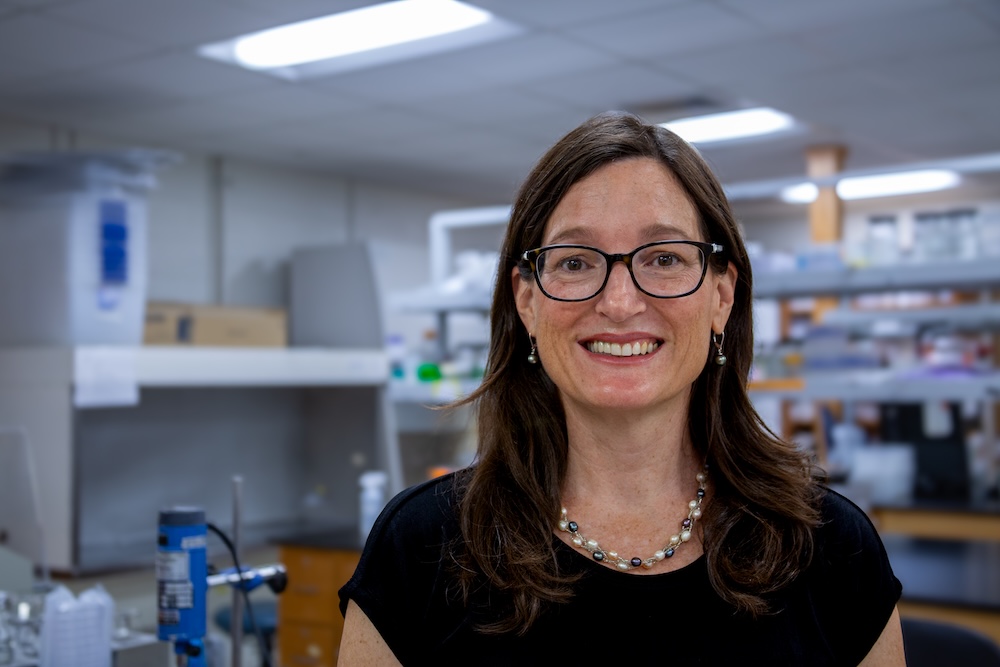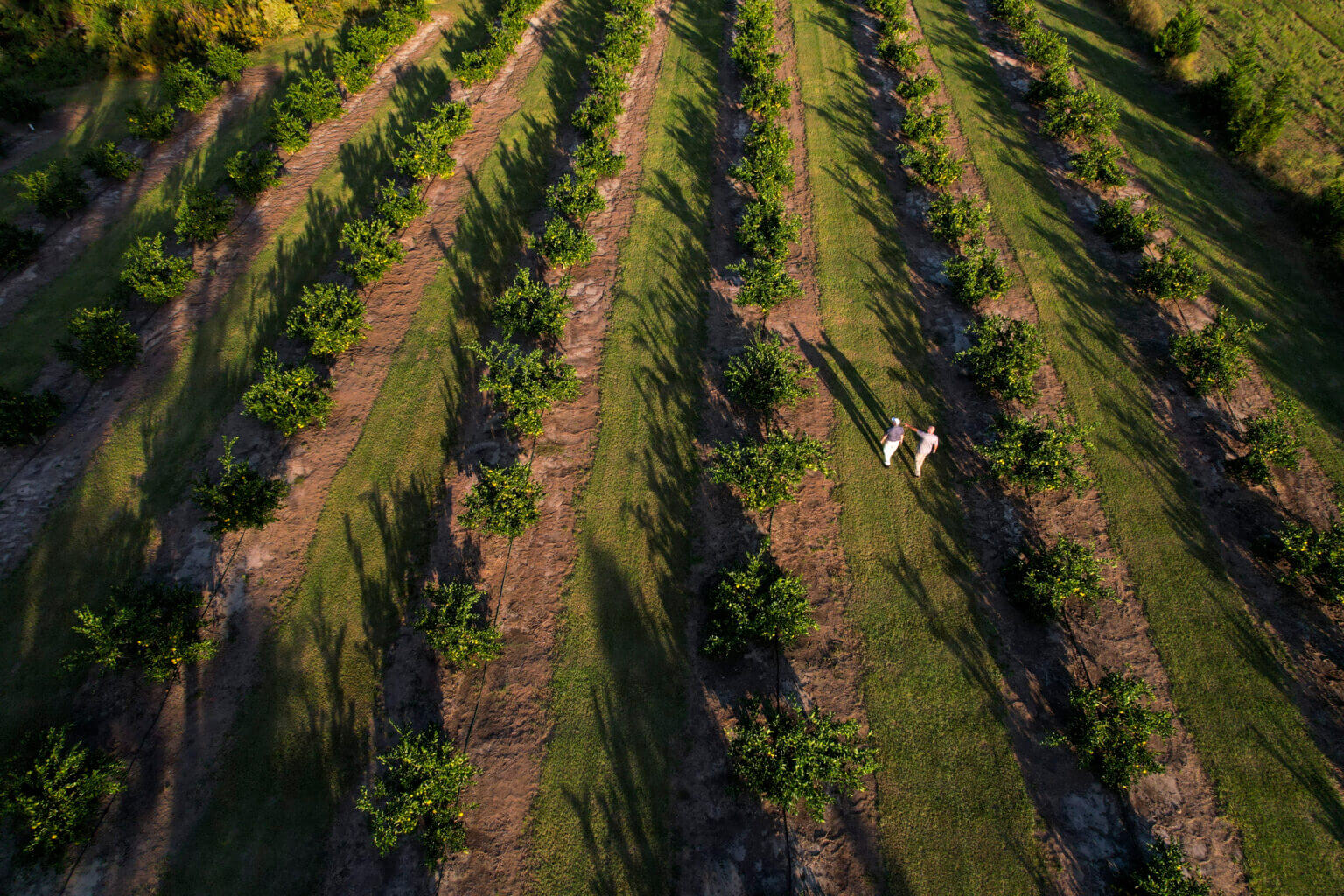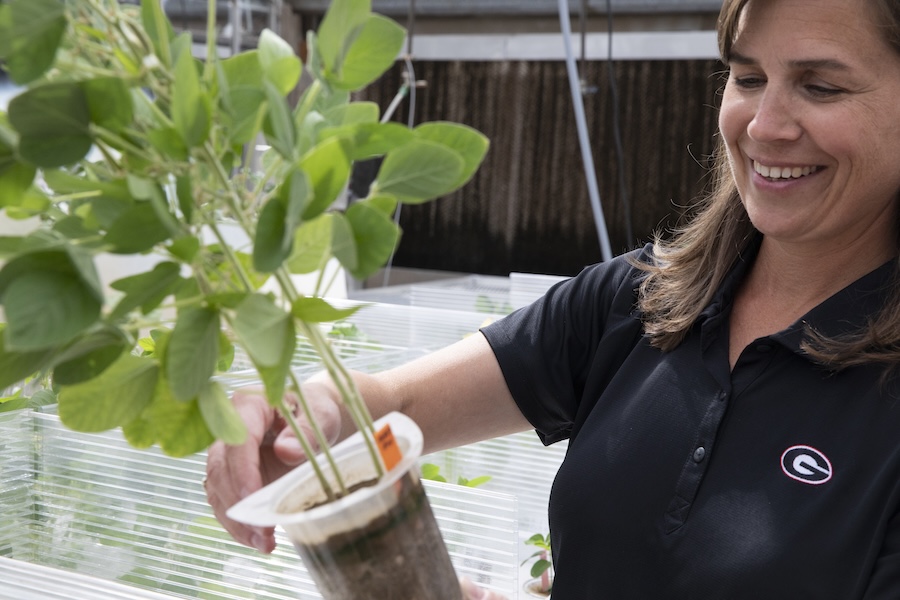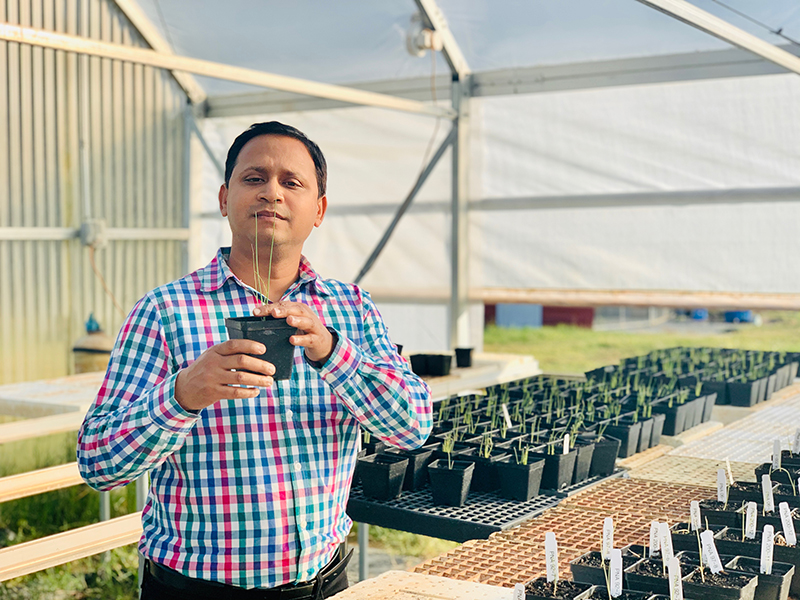 CAES News
CAES News
Keeping your tomato plants healthy: Managing common pests and diseases of homegrown tomatoes
We have already ranked the best tomato cultivars for stacking high on a slice of bread and covered the essentials of pruning and staking to tame those wild, vining plants. Now comes the gritty middle of the growing season — when the heat bears down and the battle against pests, diseases and plant stress ensues. Whether you have only just started harvesting or are already preparing for a second planting to carry you into fall, Georgia’s hot, humid climate creates the perfect environment for problems.





